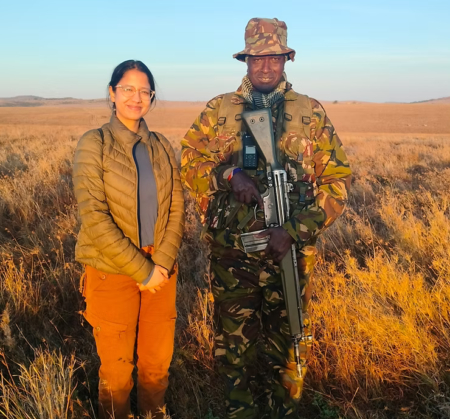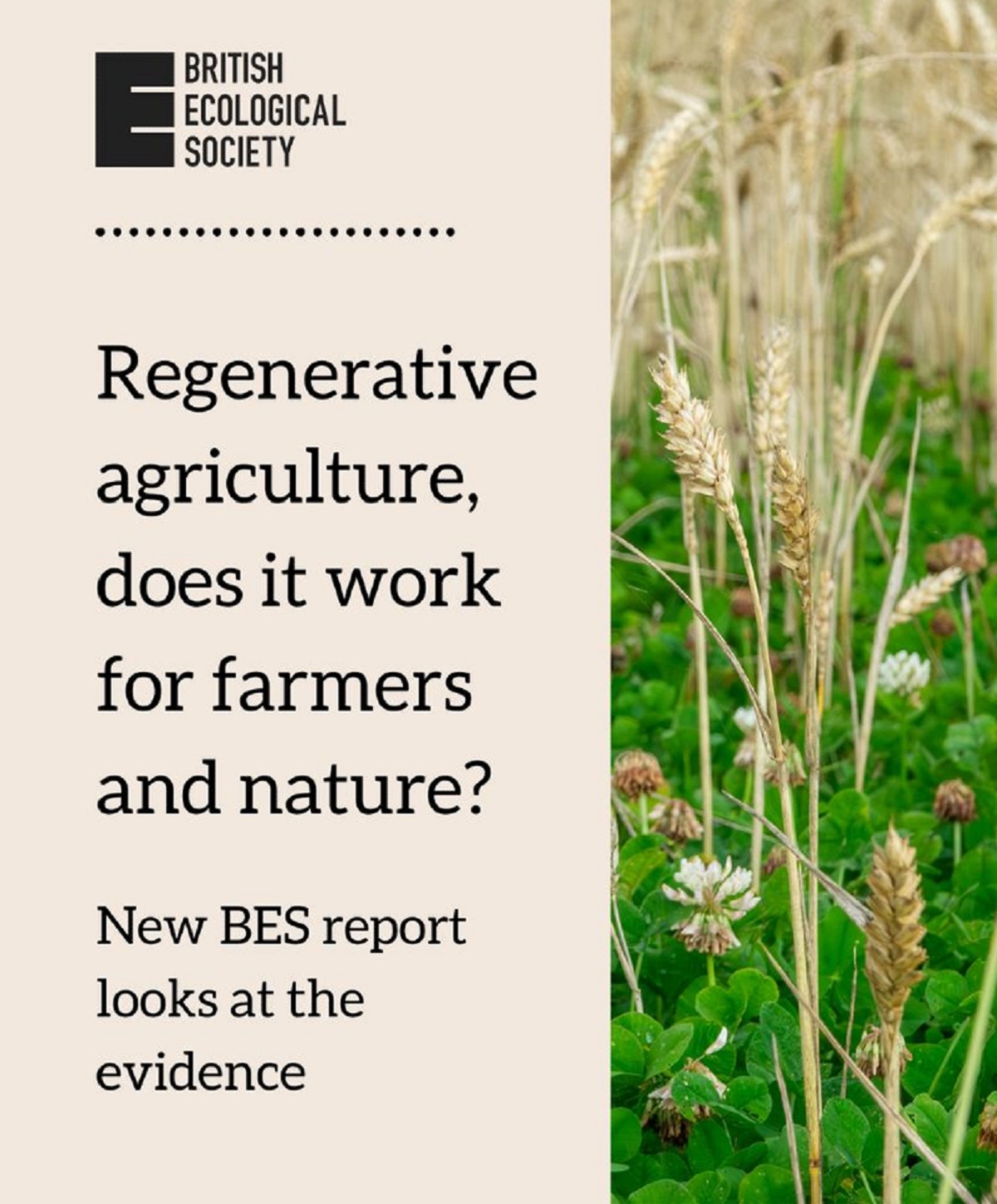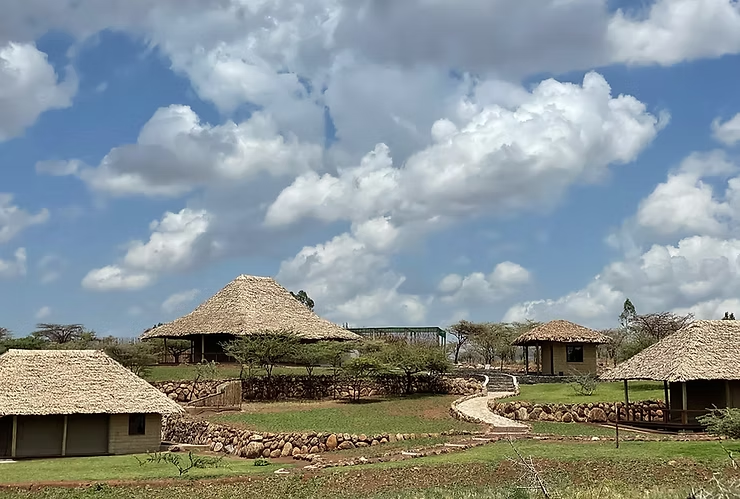Job Details: Postdoctoral Researcher in Reimagining Nature Finance
We have fantastic opportunity for a Researcher to be a part of the Sir Evelyn de Rothchild Fellowship, embedded within the Leverhulme Centre for Nature Recovery at the University of Oxford, as a PDRA in Reimagining Nature Finance. The post holder will lead interdisciplinary research focused on reimagining nature finance to support people and nature, with an emphasis on transitioning from extractive systems to regenerative, nature-positive economies. The role involves exploring innovative finance mechanisms, non-market approaches, and cultural, financial, and power dynamics that hinder transformation, contributing to high-impact academic outputs and practical solutions.
Working closely with the Fellow and other partners from the Circular Bioeconomy Alliance as well as across the Centre, the post holder will synthesise insights from research and dialogue processes, contributing to systemic change in nature finance. The post holder will be part of a dynamic, collaborative research environment, engaging with global stakeholders, including financial institutions, Indigenous leaders, and local communities.
Key research areas include:
• Investigate innovative financing models for circular bioeconomy businesses and value chains, such as food, fashion, and health.
• Explore non-market mechanisms for nature recovery, including payments for stewardship and cooperative models prioritising ecosystem health and community well-being.
• Analyse cultural, financial, and power barriers to transformative finance, incorporating insights from diverse communities and stakeholders.
• Collaborate on dialogue platforms and multidisciplinary gatherings to share research insights and co-create actionable frameworks for nature-positive systems.
The role will pioneer new dialogue processes, engaging diverse stakeholders—from policymakers to local communities—to reimagine relationships between people, nature, and finance. Drawing on the principles of circular bioeconomy, the researcher will investigate how to scale Nature-based Solutions (NbS) to achieve both biodiversity and climate goals while ensuring inclusive economic development.
Reporting to Dr. Mark Hirons (Lead Line management; Leverhulme Centre for Nature Recovery, School of Geography and the Environment), Day-to-Day Supervision Dr. Sophus Zu Ermgassen Post-Doctoral Researcher
To be considered a successful candidate;
• A doctorate in a relevant field such as environmental economics, finance, ecology, or a sustainability-focused social science discipline.
• Strong knowledge of current nature finance mechanisms, as well as a capacity for creative and radical thinking.
• Excellent communication skills, with a track record of impactful publications and policy engagement.
• Excellent organisational skills and the ability to manage and prioritise varied and diverse work streams.
• A proactive and adaptive attitude, able to identify new opportunities for impact and funding while balancing them against existing priorities and resources.
• Commitment to advancing diversity and inclusion.
• Experience in interdisciplinary research and stakeholder engagement, particularly with local communities or Indigenous groups
• An understanding of Nature-based Solutions and circular bioeconomy principles.
• Experience in independently managing a discrete area of a research project within the context of a broader research program.
Applications for this vacancy should be made online, and you will be required to upload a CV and supporting statement as part of your application, explaining how you meet the essential and desirable criteria for this post.
For further guidance and support, please visit https://www.jobs.ox.ac.uk/how-to-apply
Enquiries may be directed to** recruit@ouce.ox.ac.uk . The closing date for applications is midday on 30 April 2025.**
We offer very generous benefits, some of which are:
• Generous holiday allowance of 38 days, including bank holidays
• Hybrid working
• Membership of the Oxford staff pension scheme
• Discounted bus travel
• Cycle loan scheme
• Plus, many other University benefits
The School of Geography and the Environment is committed to fostering a culture of equality, diversity, and inclusion. Applications are particularly encouraged from women, Black, and minority ethnic candidates, who are under-represented in academic posts at Oxford. The school holds an Athena SWAN Silver Award in recognition of its commitment to gender equality.




